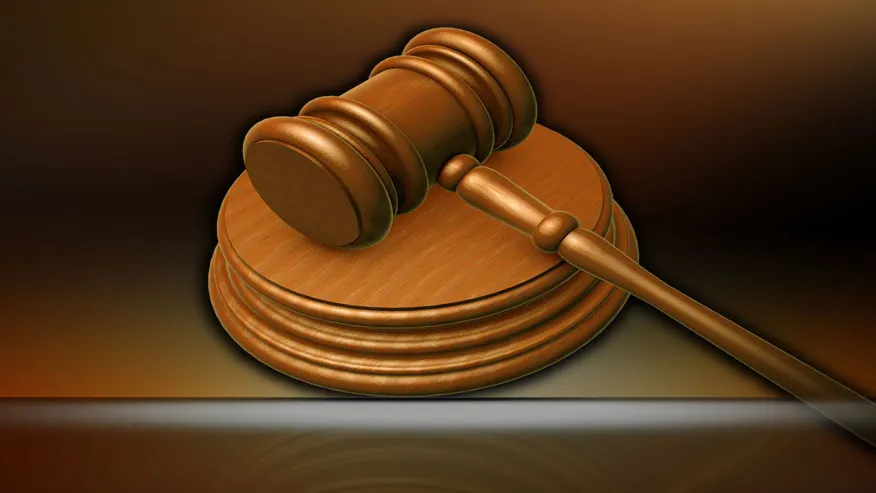PIERRE, S.D. (KELO) — A circuit judge’s order to grant Puffy’s a state certificate to dispense medical marijuana in Rapid City was correct, according to the South Dakota Supreme Court.
In a decision publicly released on Thursday, the state’s high court ruled against the South Dakota Department of Health, which oversees the medical marijuana program.
The department had appealed to the Supreme Court after Circuit Judge Joshua Henderson had ruled that the dispensary should receive an available license.
Justice Patricia DeVaney wrote the Supreme Court’s opinion.
“The Department admitted to the circuit court that there had been no departmental action taken that would have triggered a chapter 1-26 administrative process. This point is dispositive,” Justice DeVaney stated. “As such, Puffy’s was not required to exhaust an administrative remedy that did not exist under the circumstances of this case.”
Justice DeVaney continued, “For similar reasons, the circuit court did not err when concluding that exhaustion of administrative remedies was not required because the Department had failed to act.”
Rapid City had 15 licenses available and received 47 applications. In a drawing, Puffy’s received several of the licenses and was first on the waiting list. Another business, Greenlight Dispensary, received three of the licenses but didn’t meet the one-year period to make one of the licenses operational.
The department didn’t award the certificate that then became available. Puffy’s made several inquiries, then sought a court order. The judge ruled in Puffy’s favor and ordered the department to grant the certificate.
Justice DeVaney also said it’s not the high court’s role to address a gap in the department’s rules.
“It is obvious that this rule and other rules and statutes that make up the Department’s administrative scheme refer only to entities who submit initial applications or renewal applications. A medical cannabis establishment on a lottery drawing waitlist pursuant to ARSD 44:90:03:16 fits into neither category,” Justice DeVaney wrote.
“It is no longer an initial applicant because that step has passed. It is not a renewal applicant because it has yet to be issued a certificate and thus has nothing to renew. Perhaps this is an unintended anomaly. If so, any remedy lies with the Department through rulemaking or with the Legislature; it is not for this Court to judicially revise the language of a rule as written,” she stated.
